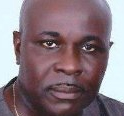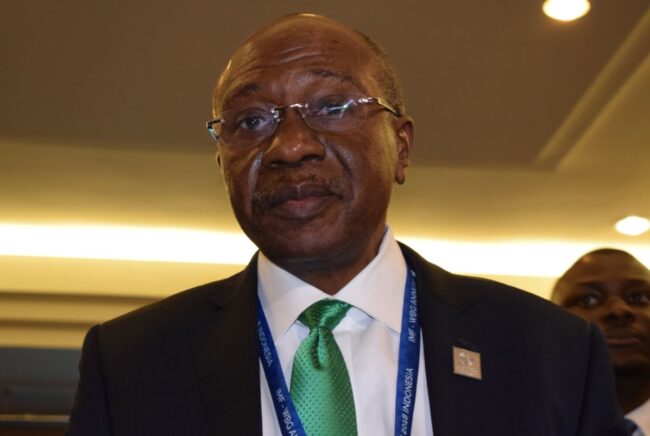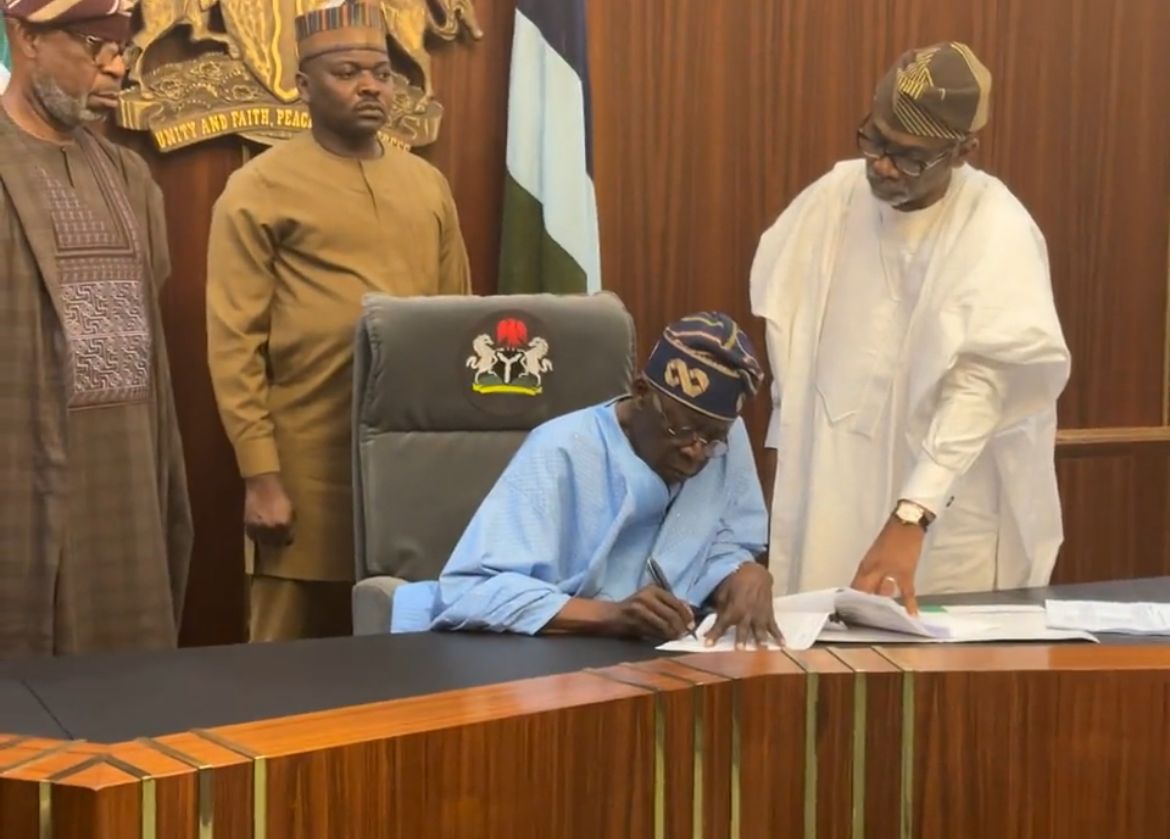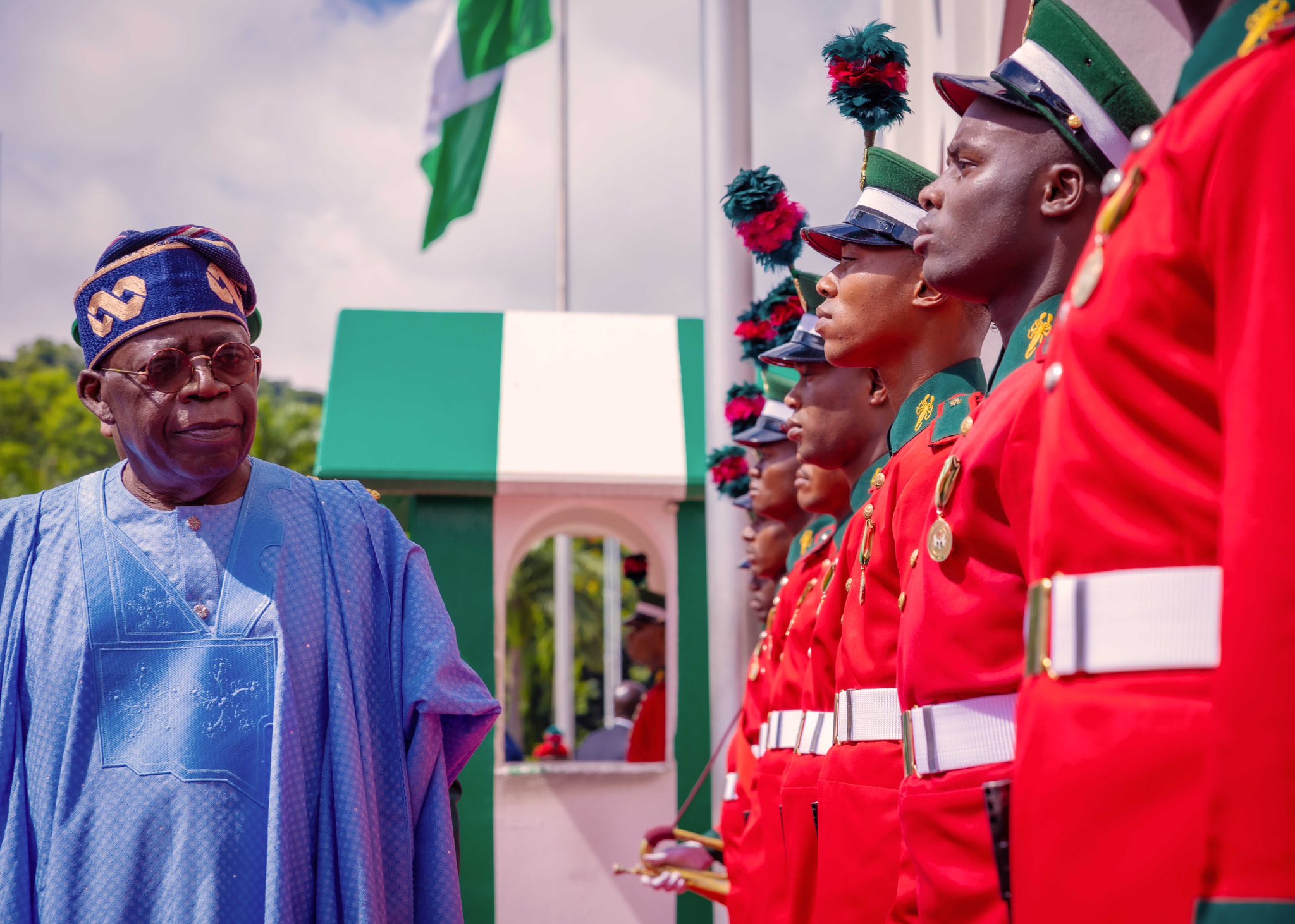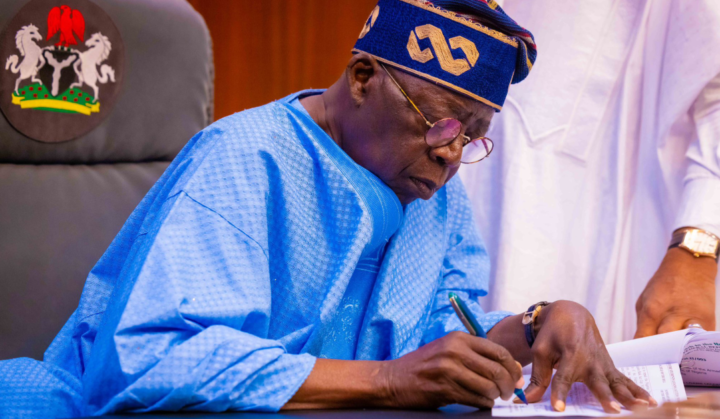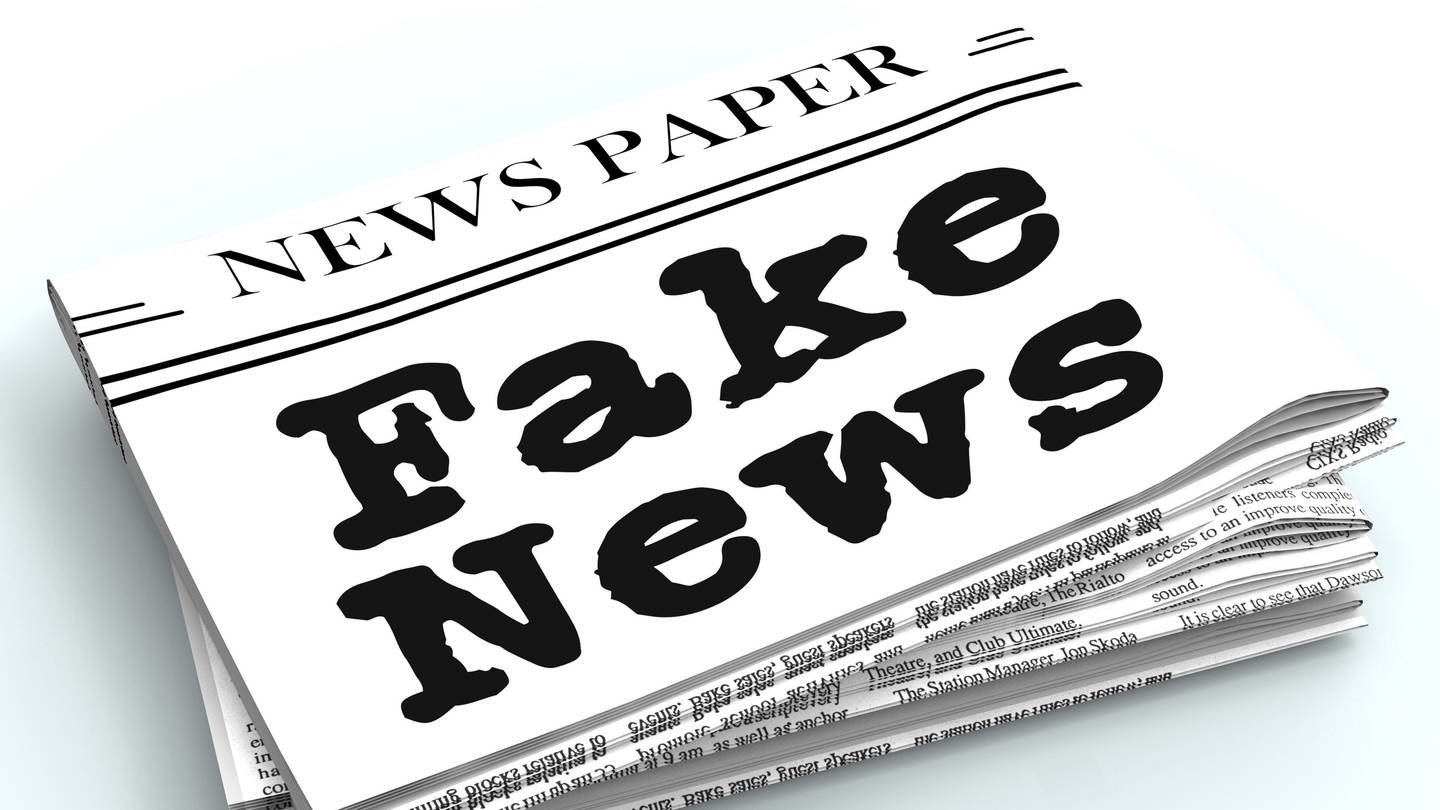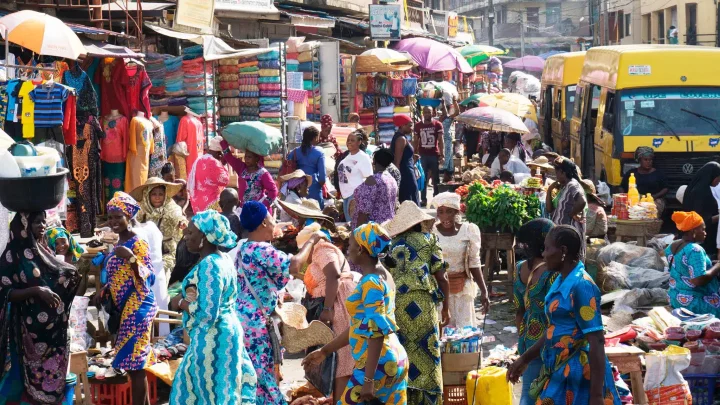The 29 May 2023 inauguration of a new set of power wielders highlighted once again the transient and ephemeral nature of political power. Political power is said to be transient because, like a candle in the wind, it is fleeting and impermanent. It is there one moment with all its glow and beauty, and gone the next twinkle of an eye. It is ephemeral because its duration is quite short. Even if you were to hold an office for 20 years, it will one day come to an end, and the period in which the office is held will seem insignificant in the scheme of things.
Perhaps the recent suspension and detention of Godwin Emefiele, the CBN Governor from 4 June 2014 until he was relieved of the position by President Tinubu on 9 June 2023, dramatises the transient nature of power. Emefiele became the first public official from the Buhari era that the Tinubu government went after. In a statement by Willie Bassey, Director of Information in the Office of the Secretary to the Government of the Federation, it was explained that Emefiele’s suspension “is a sequel to the ongoing investigation of his office and the planned reforms in the economy’s financial sector.” Emefiele was reportedly arrested in Lagos by the DSS and flown to Abuja.
There is a general belief that Emefiele committed a number of infractions while in office, including taking over functions that should ordinarily be performed by the ministries of agriculture and water resources in a bid to ingratiate himself to some power brokers from the North. He particularly annoyed many Nigerians when he tried to take part in the APC’s presidential primaries while still clinging to his office as CBN Governor. In the run-up to the 25 February 2023 presidential election, he introduced a Naira re-design, ostensibly with the approval of President Buhari, and apparently aimed, among other things, at stemming vote buying during the election. Tinubu’s supporters felt the policy was targeted at him.
Emefiele’s suspension, arrest and detention raise a number of issues.
Advertisement
One, is the question of the constitutionality of his suspension from office without the permission of the Senate. Though Lamido Sanusi Lamido was similarly suspended by the Jonathan government without the authorization of the parliament, the dethroned Emir of Kano challenged his suspension in court and the case had not fully run its course when he was appointed the Emir of Kano. He subsequently discontinued the case. There are also questions of why Emefiele had to be arrested by the DSS (which is in charge of internal security) if the allegations against him bothered primarily on corruption.
People also wonder why someone who had served the country at such a top level and had not been convicted of any of the crimes for which he was being investigated could not have been saved the humiliation of being openly driven to an aircraft to be taken to Abuja (with one of the men who boarded the waiting aircraft holding a handcuff)? It may also be germane to pose the question of what the nation could possibly lose if the EFCC had simply invited Emefiele to their offices to explain any issues of interest.
While the drama of the humiliation might have satisfied some yearning for the blood of their social class and ethnic/religious enemies, it will most likely complicate the management of the politics that is likely to flow from his suspension and arrest. For instance, critics are already accusing Tinubu of ethnic bias in bypassing Dr Kingsley Obiora, said to be the Deputy Governor heading the economic policy and research unit of the CBN (and the only Deputy Governor of the apex bank with a PhD) in favour of Adebisi Shonubi, a mechanical engineer and fellow Yoruba, as the Acting Governor of the CBN. Tinubu was similarly accused of bypassing the most senior Deputy Governors – Mrs Aisha N Ahmad, and Mr Edward Adamu – in favour of Mr Shonubi. No matter how one looks at it, a government that came to power with a huge legitimacy crisis as the Tinubu government did, does not need such distractions, especially when it is still grappling with the effects of the manner in which the fuel subsidy was removed and is yet to pluck any low hanging fruits to shore up its legitimacy base.
Advertisement
Two, it will be difficult for Emefiele’s suspension not to be linked to vendetta. During the campaigns, there was a general belief by supporters of Bola Tinubu, that Emefiele’s Naira re-design policy was targeted at Tinubu who was believed to have the heaviest war chest for vote buying. If this was really the main reason for his suspension and arrest, what happens to Buhari who openly said he endorsed the Naira re-design policy? There is similarly the question of why Emefiele’s arrest should be a priority to the new government and the criteria that made his arrest more imperative than the arrest of other functionaries of the government suspected of having grossly abused their offices?
Three, despite the fact that it is right to call public officers who abused their office to account, I believe the timing in the case of Emefiele was wrong. I am generally opposed to the idea of a new government starting with cleaning the Augean stable or going after its political enemies in the guise of doing so. I call this the ‘Buhari sin’ because the Buhari government, rather than focus on whatever agenda they had for the country on coming to power, wasted precious time and resources demonizing the Jonathan government. If I were to advise the Tinubu government, I would favour suspending publicly going after any former official until he has spent at least one-year office and has successfully plucked some low hanging fruits that would broaden his legitimacy base. Officials that have questions to answer could be invited quietly for clarifications while the financial crime fighting agencies will be tasked with carrying out the necessary investigations outside media glare.
Four, since Emefiele must have acted in many of the cases of suspected infractions and impunity on the instructions of power brokers or society’s ‘untouchables’, would the President be able to also summon or arrest such people? If Tinubu is not able to arrest such people, would that not open him up to charges of picking up a soft target? And if he is able to arrest some of the names the public are likely to insist should also be arrested, will he be able to manage the politics from that and at the same time seamlessly implement whatever programme he has for the country? I am not saying that a new government cannot fight corruption and impunity but our experience has shown that this ‘gra-gra’ approach has not really worked. I believe that a thoughtful and quiet approach that cannot be easily coupled to vendetta offers a new leader the opportunity of fighting crimes without distractions by the politics of doing so.
Advertisement
Views expressed by contributors are strictly personal and not of TheCable.
Add a comment
